Trending Now
Saturday, Nov, 2024
Home / New Education Policy 2020 Reforms
New Education Policy 2020 Reforms
The NEP (New Education Policy) has been approved by the government and major reforms..
The NEP (New Education Policy) has been approved by the government and major reforms are being introduced. "These reforms are introduced to bring the transformational change," as reported by the senior officials-
Multiple Entry/ Exit through Credit Transfer and Academic Bank of Credits. There will also be the Flexibility of Subjects.
The new system, Grading system, will be applicable and the Affiliation System shall be phased out.
National Mission on Mentoring will work on mentoring college students.
Single Regulator for Higher Education. This body will work on the basis of Self Disclosure and Transparent System for Approvals.
Common Standard for Education whether its a Deemed University, Central University or Independent Institution, to ensure quality.
There is also a provision for FEE FIXATION under this policy.
National Research Foundation (NRF) will not only sponsor science but social science projects as well.
Indian Knowledge System will work on Regional and Scientific aspects of the languages via using technological methods.
- Use of Technology is being encouraged:
The access to the Disadvantaged Groups such as economically disadvantaged or differently disabled disadvantaged will be increased. In this regard, there will also be a Divyang Friendly Education Software.
There will be availability of eCourses in a minimum of 08 languages including English and Hindi.
- School Education Reforms:
Universalization of Early Childhood Education will be done for early childhood care and education and the curriculum will be prepared accordingly.
The focus will be on Basic Literacy and Basic Numeracy for students from class 1 to class 3.
Change in the pedagogical structure of teaching i.e. 5+3+3+4 rather than 10+2.
No rigid separation between curricular & non-curricular, between vocational & academic streams.
Vocational education will start from class 6th. There will also be a provision of a 10-day internship.
There will be educational provision for gifted children as well.
Different frameworks for parents (for 0-3 year students) and pre-school teachers (for 3-6 year).
Board exams can be modular and must be designed to test the knowledge of the students.
Education should be in regional language up to class 5 at least, wherever possible.
PARAKH (Performance Assessment, Review & Analysis for Knowledge and Holistic Development) will set the guidelines for 7 school boards.
There will special focus on Digital Library.
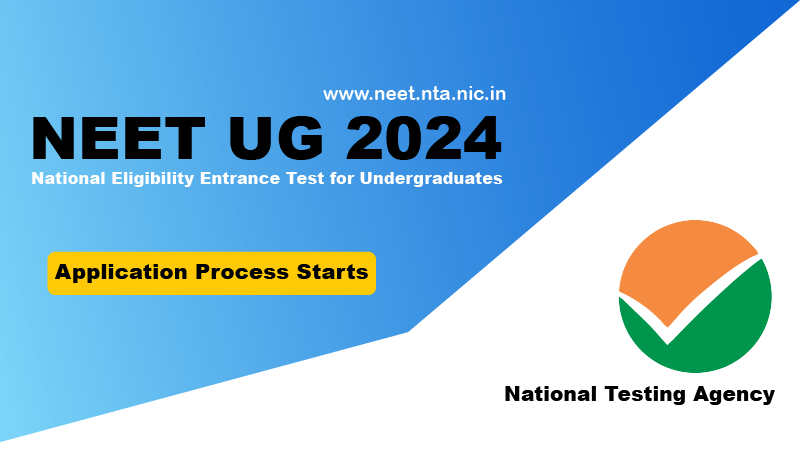
News / February 10, 2024
NEET UG 2024: Application process starts; read details
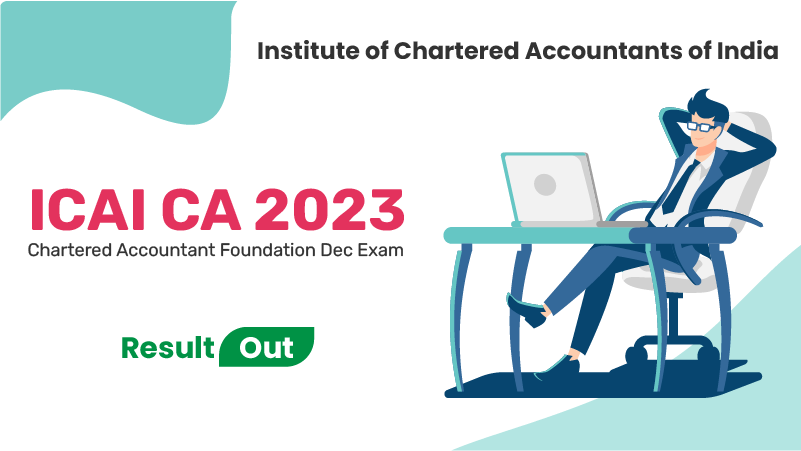
News / February 07, 2024
ICAI CA December Session Exam 2023: Foundation Result Out

News / January 23, 2024
UPSSC Forest Guard PET 2024: Exam Schedule out; apply for 700+ posts
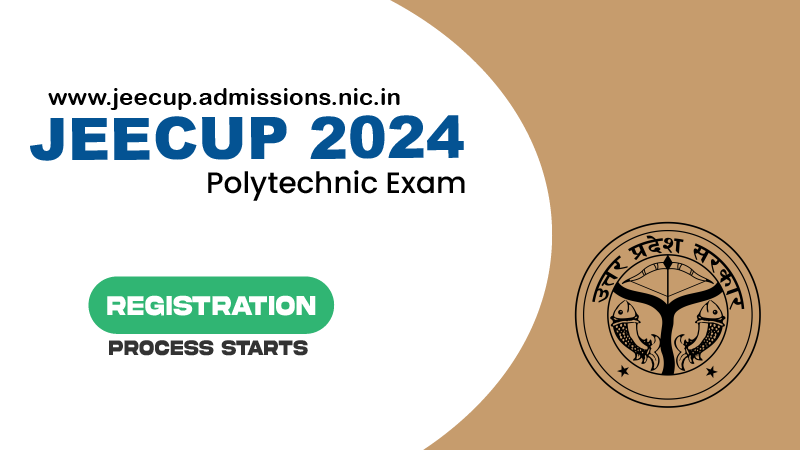
News / January 09, 2024
JEECUP Polytechnic Exam 2024: Registration Process Starts
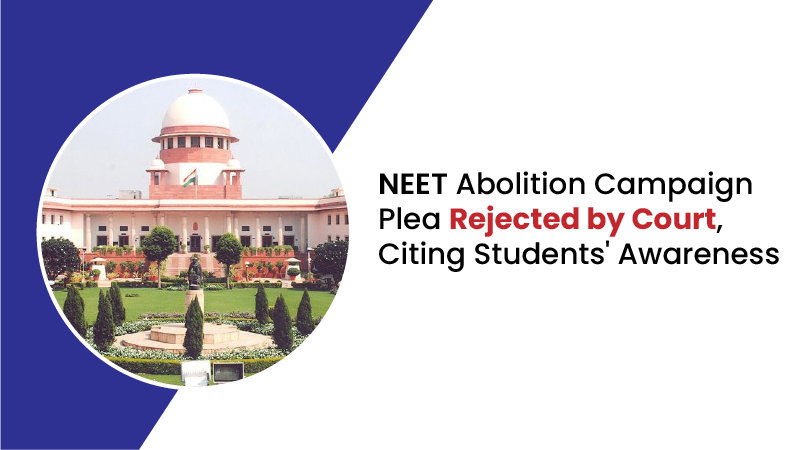
News / January 03, 2024
NEET Abolition Campaign Plea Rejected by Court, Citing Students' Awareness
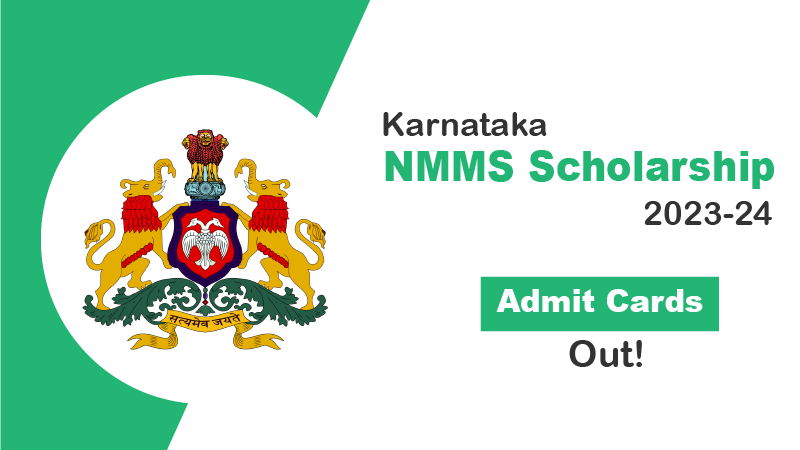
News / December 22, 2023
Karnataka NMMS Scholarship 2023-24: Admit Card Out
EShort / February 16, 2024
IMS Noida Admissions 2024: Apply for UG, PG programmes
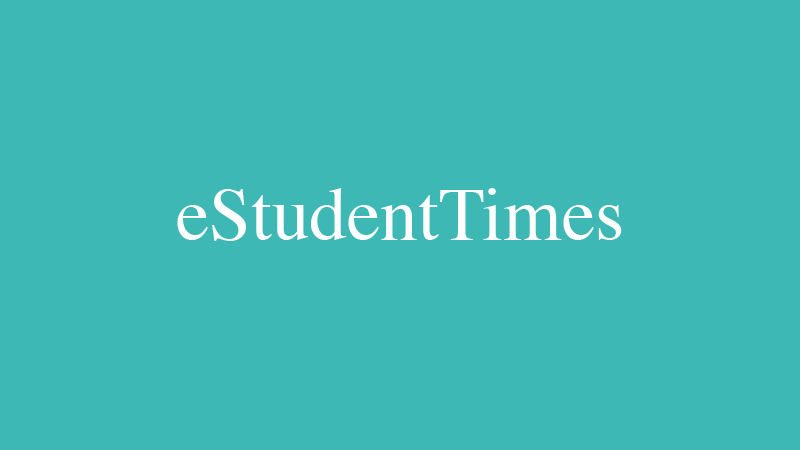
EShort / February 16, 2024
GATE 2024: Response sheet out
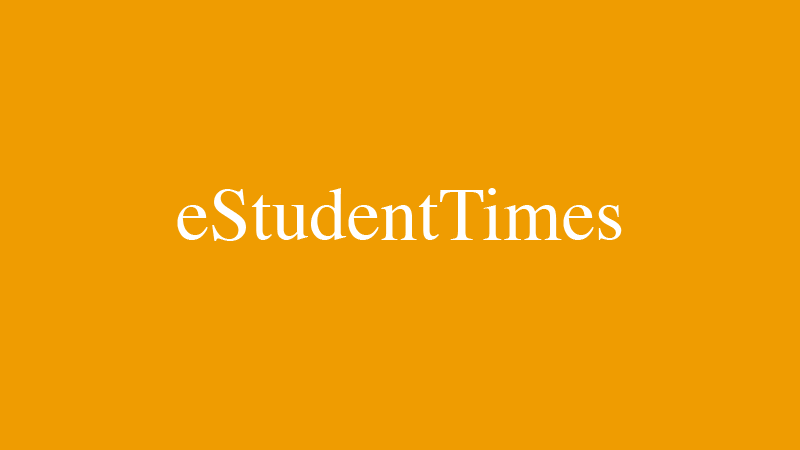
EShort / February 16, 2024
BSSTET 2023: Admit card released
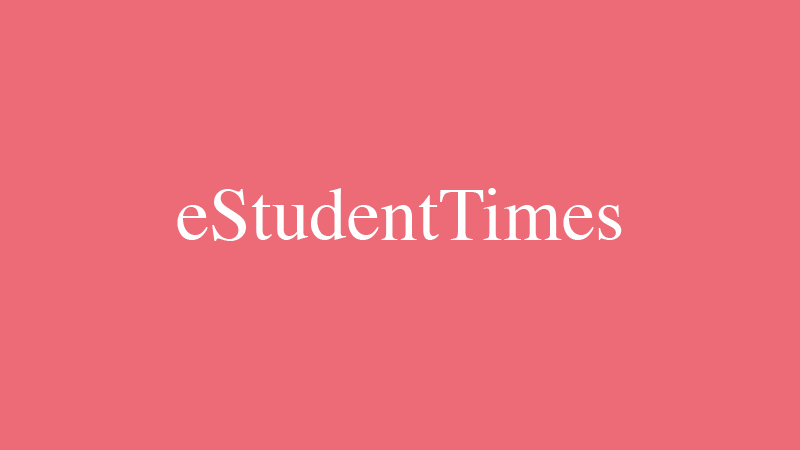
EShort / February 16, 2024
NID DAT 2024: Prelims result released
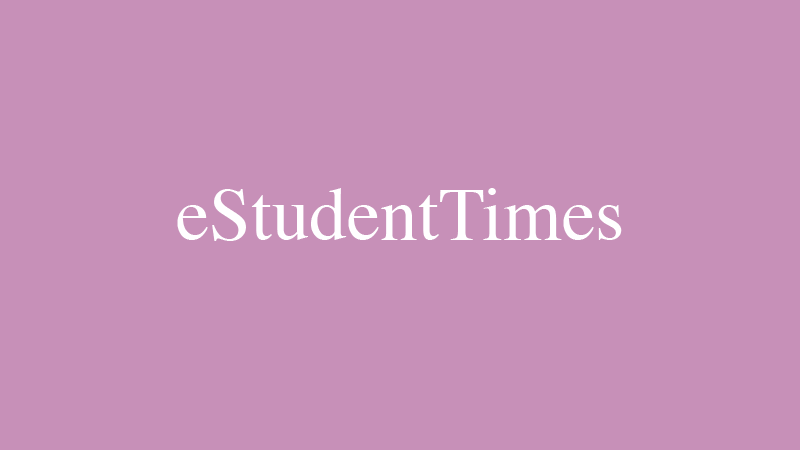
EShort / February 16, 2024
IIT JAM 2024: Response sheet released
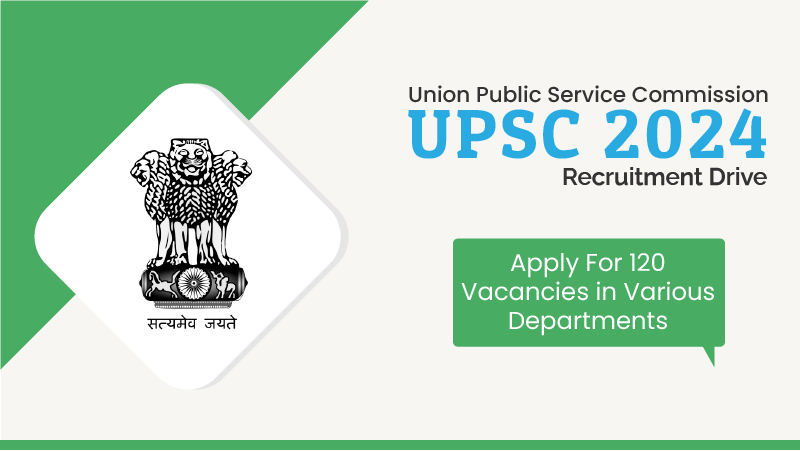
Jobs / February 16, 2024
UPSC Recruitment Drive 2024: Apply for 120 vacancies in various departments
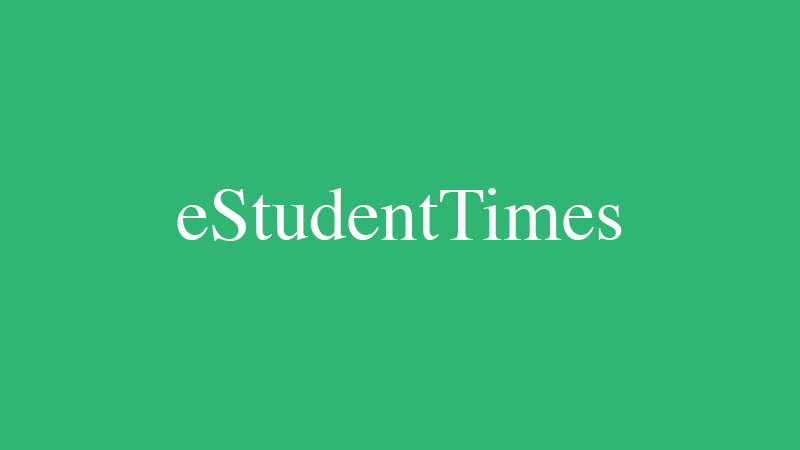
EShort / February 14, 2024
UPSC CSE 2024: Official Notification issued; application process begins
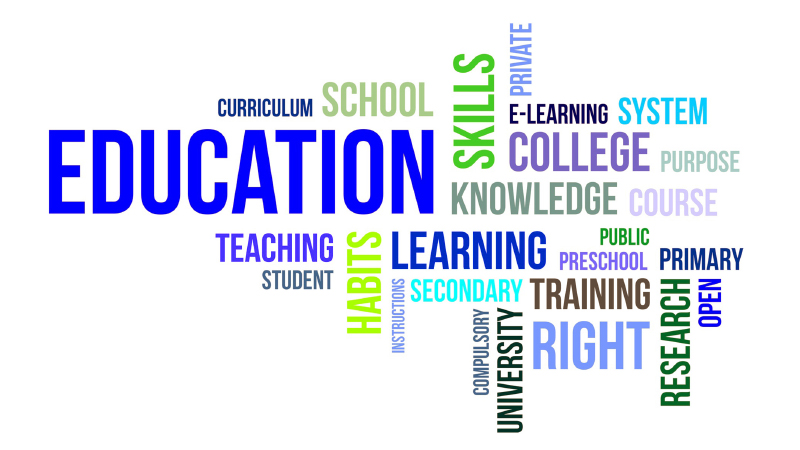
Editor's Desk / April 17, 2020
How Does Society Impact Our Education?
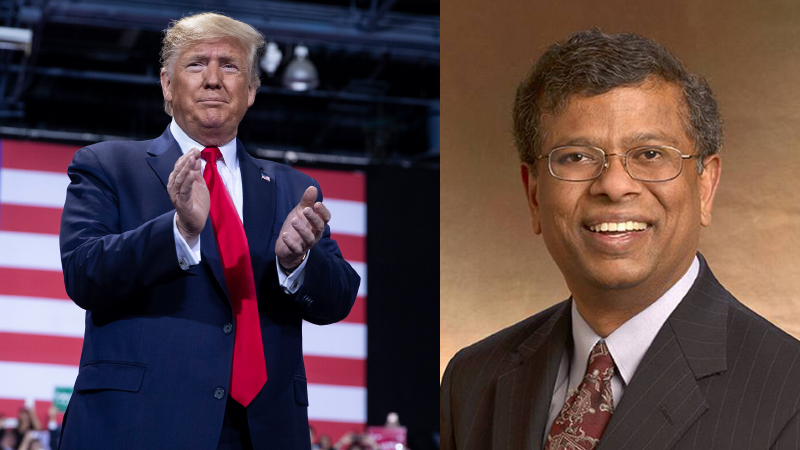
Current Affairs / April 22, 2020
Mr. Sudarsanam Babu appointed to U.S. Science Board.
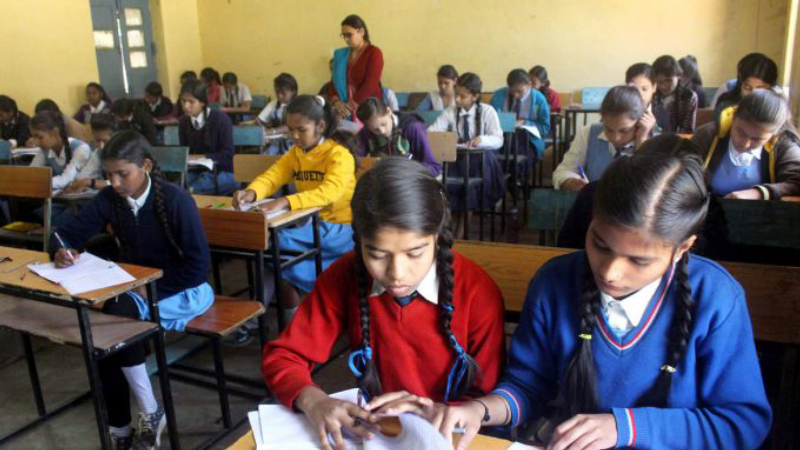
Reforms / April 17, 2020
Traditional Structure of Education In India
.jpg)
Events & Seminars / April 17, 2020
PISA!!
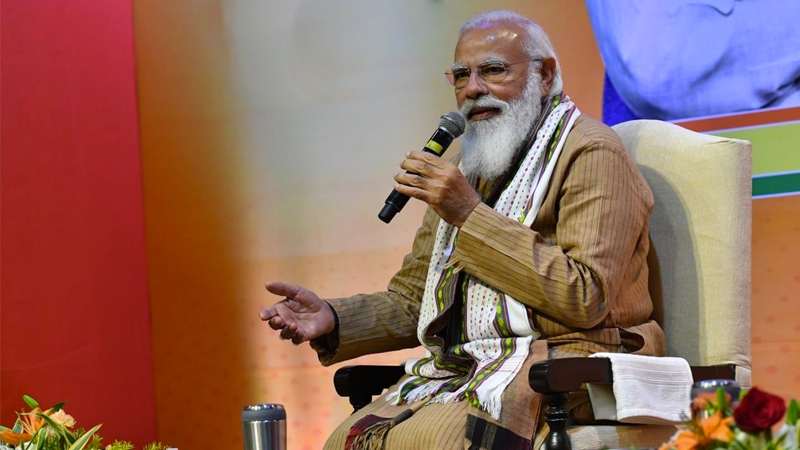
Blog / February 26, 2021
Government's Action On #ModiRojgaarDo

EShort / May 19, 2022
CUET PG 2025 has started the registration process.

Notice Board on Important Dates / April 21, 2020
World Heritage Day
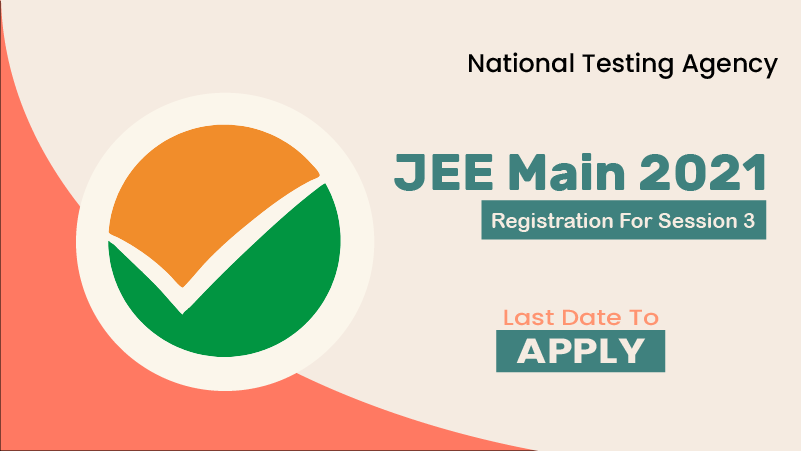
News / July 08, 2021
JEE Mains Registration For Session 3: Last Date To Apply
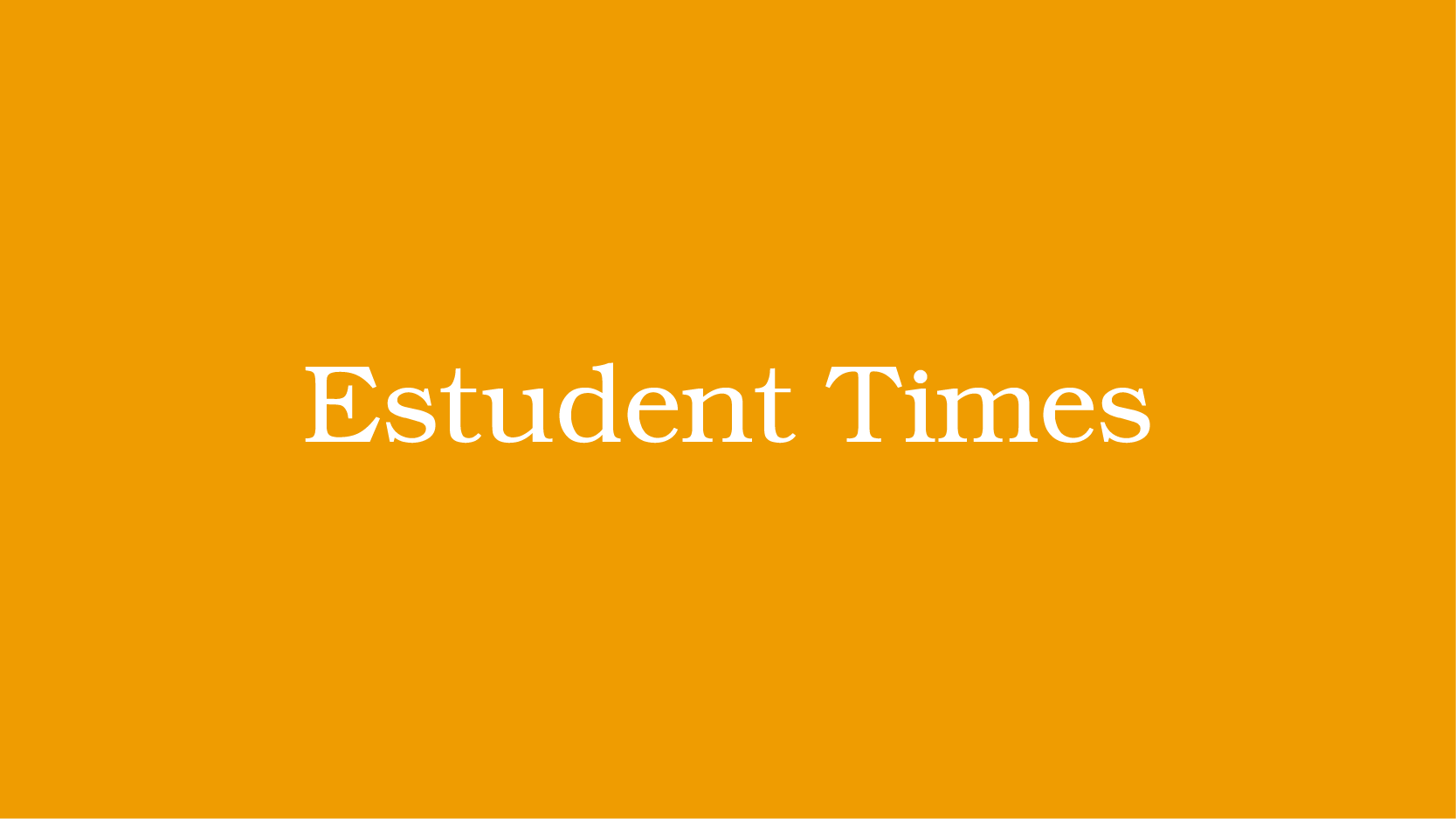
EShort / December 14, 2021
UPSC Declared Final Result For DCIO Recruitment
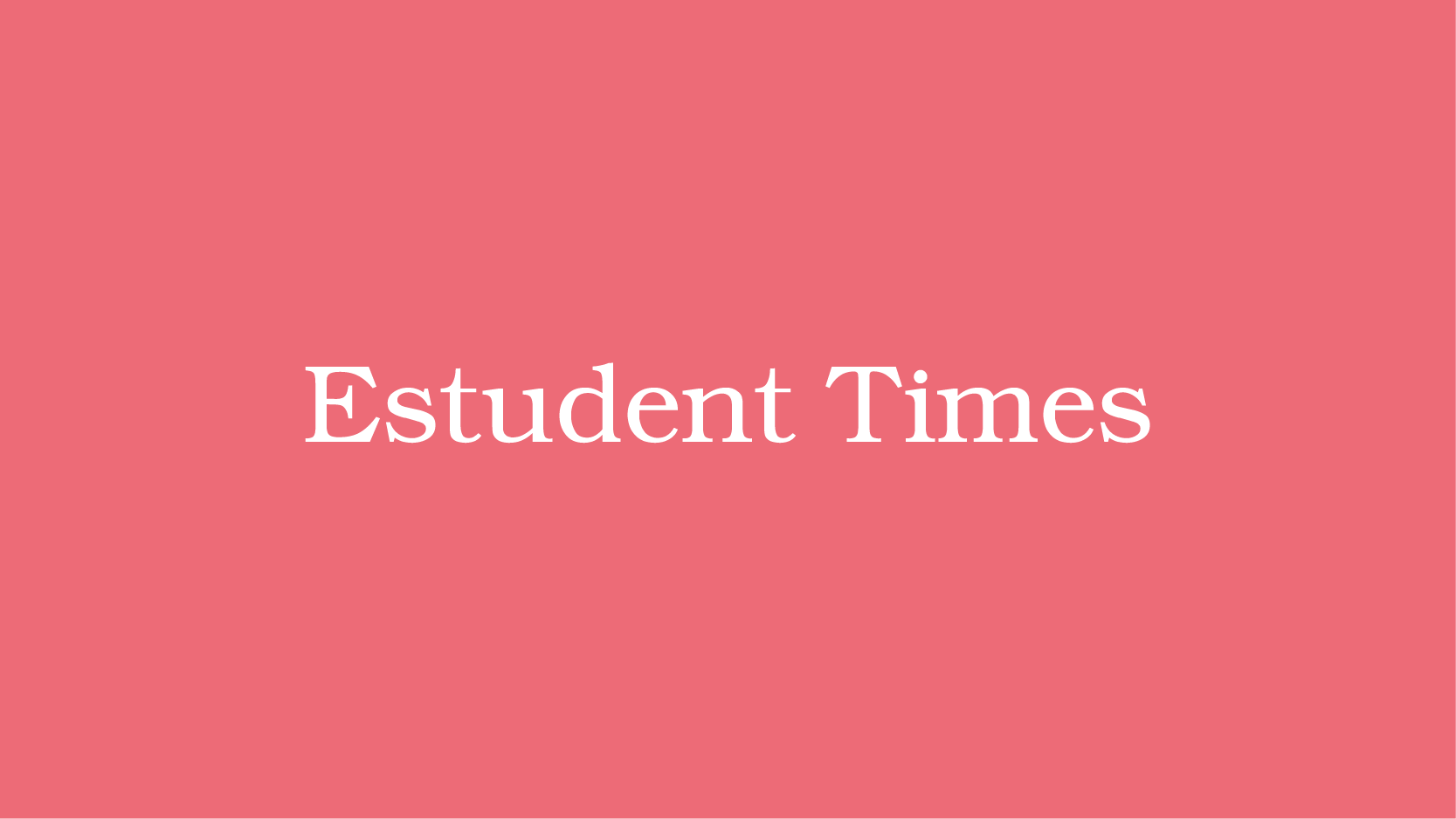

 by
by  29 Jul 2020 18:48 PM IST /
29 Jul 2020 18:48 PM IST /  0 Comment(s) / 321
0 Comment(s) / 321 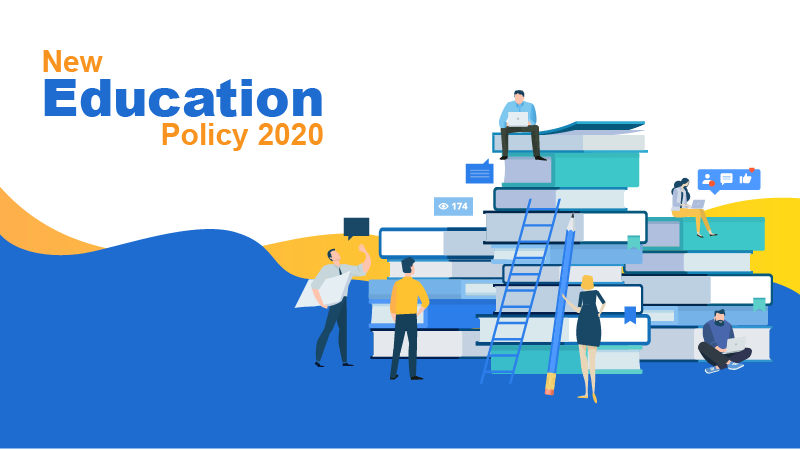
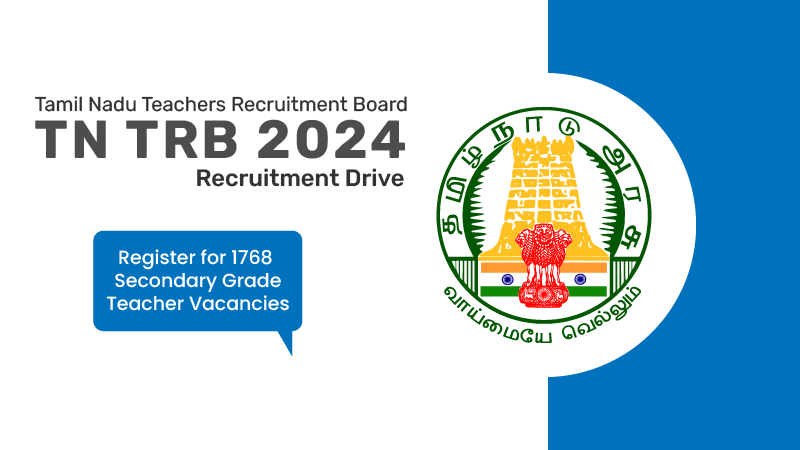
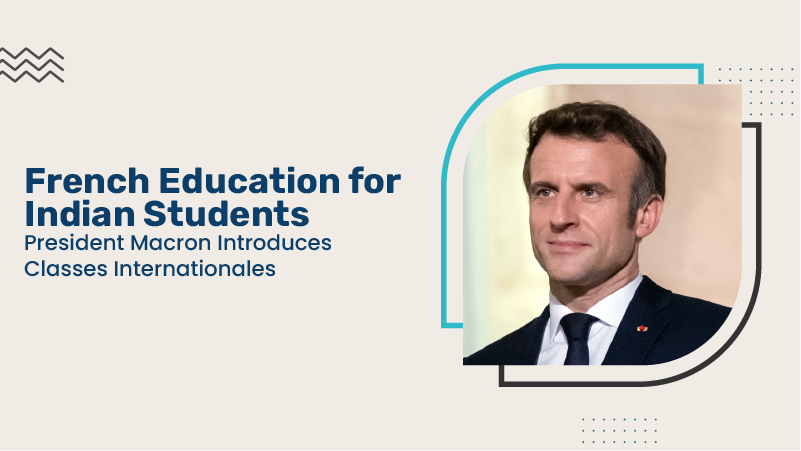

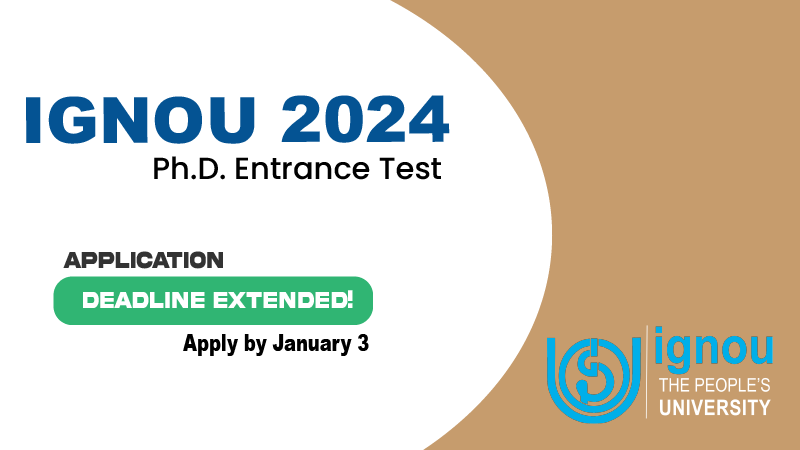
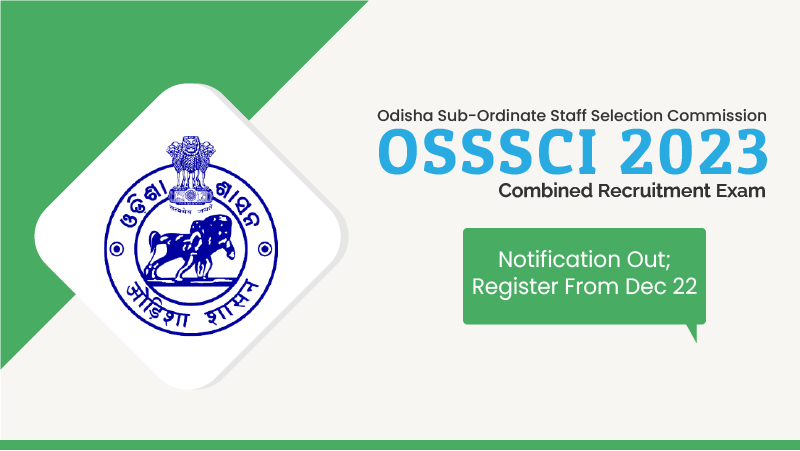
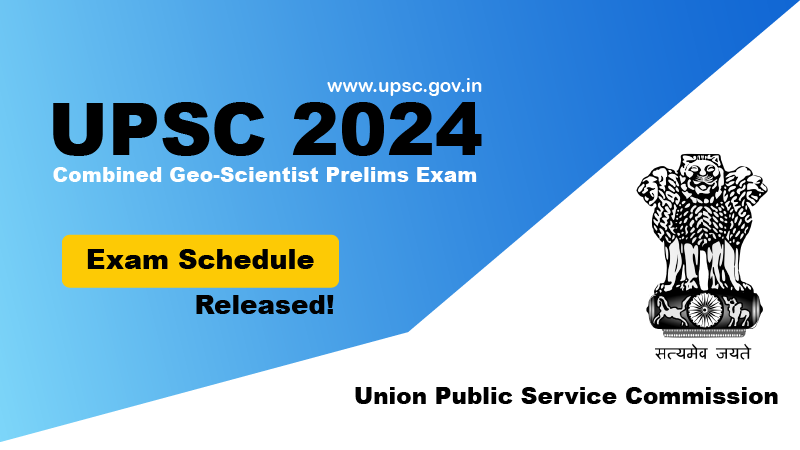
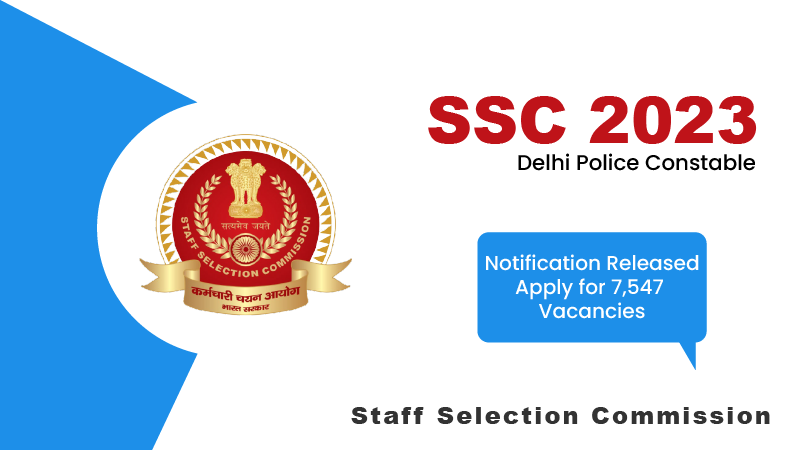
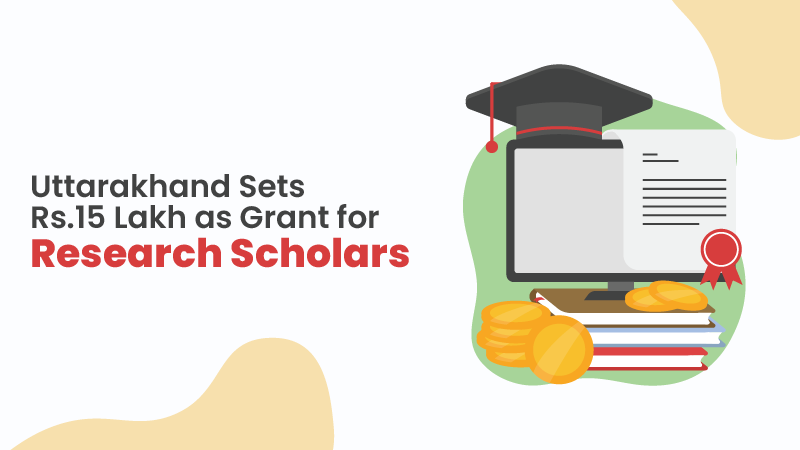
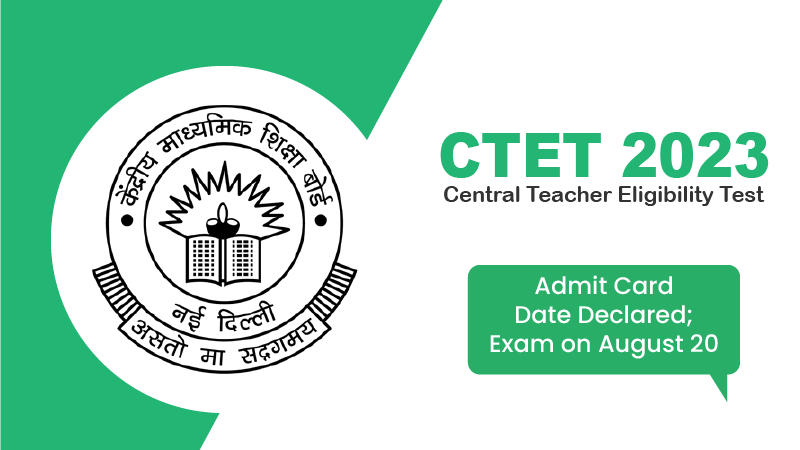
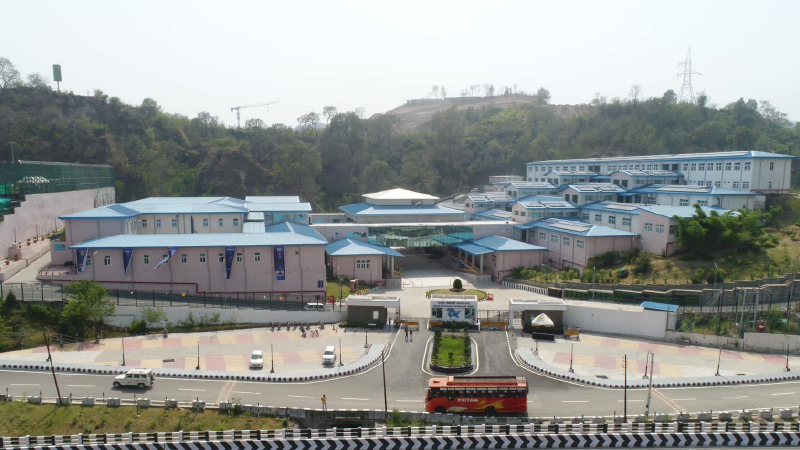
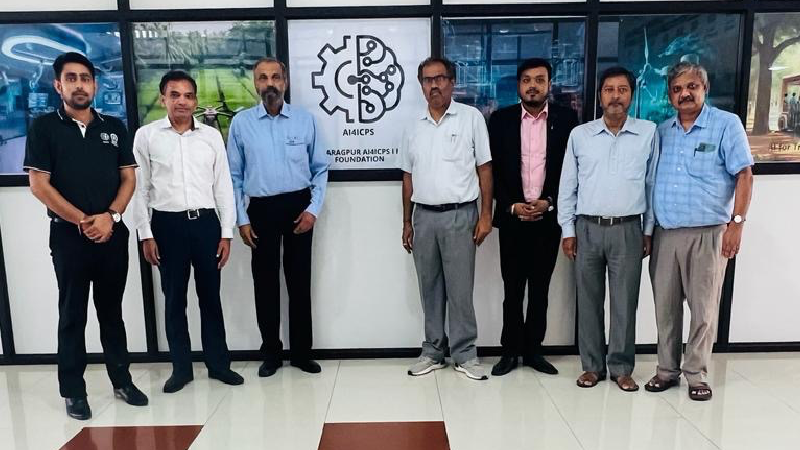

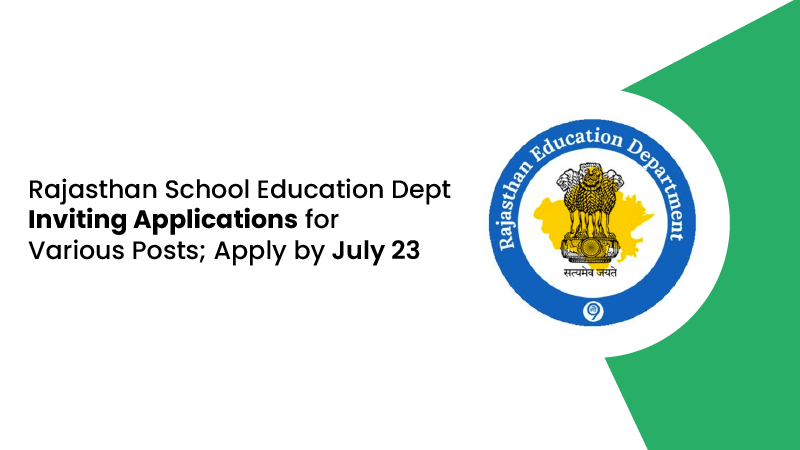
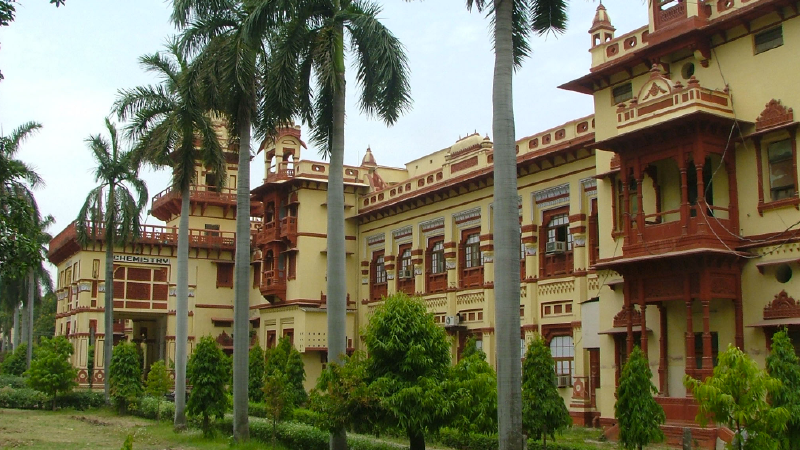
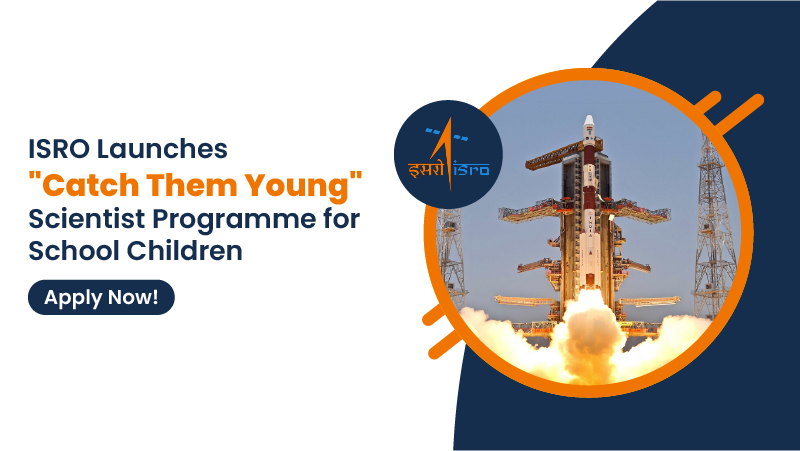
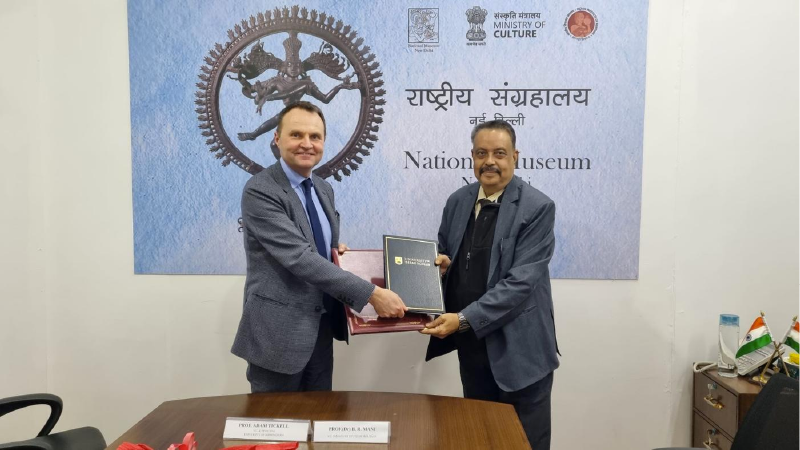
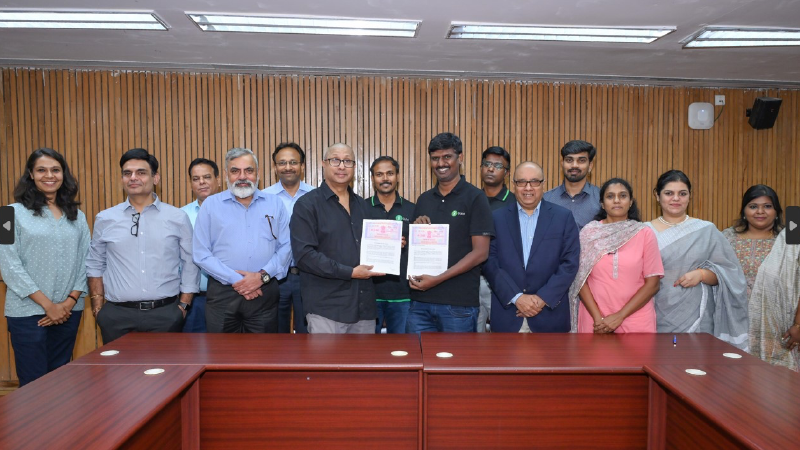
0 Comments
Post Comments